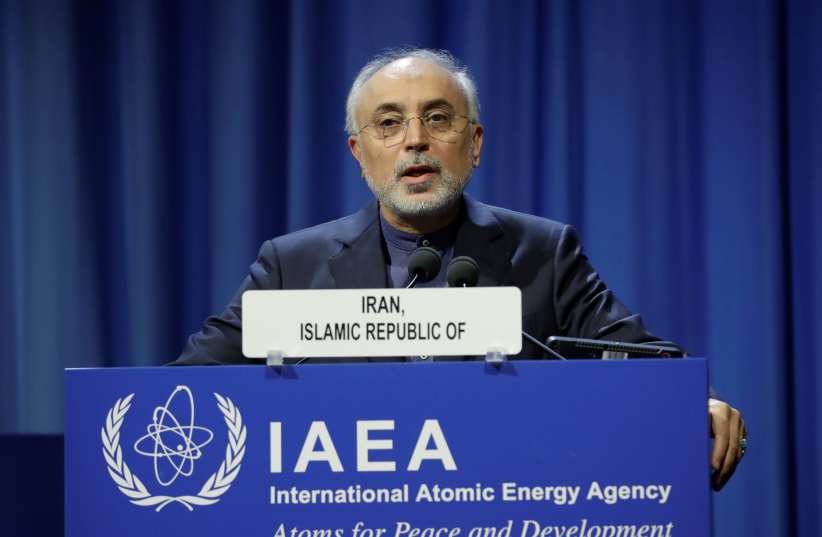UN watchdog presses Iran over nuke violations, Iran threatens retaliation
"Iran fully rejects this resolution and will respond appropriately...those who made this decision will bear responsibility for its consequences," Iranian official Kazem Gharib Abadi said.
